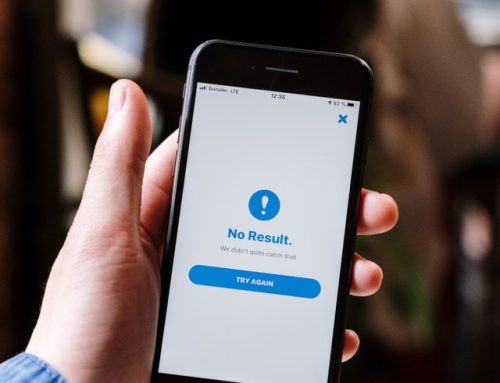I reprint here my latest Thin From Within blog from Psychology Today:
Those of us concerned with diet, health, weight, eating disorders, and addiction follow what I call “Sugar News” with great interest. Starting, perhaps, in 2011, with the New York Times story “Is Sugar Toxic?”, followed by a 60-Minutes segment with the same name, the public has had increasing exposure to what Overeaters Anonymous has known for years: some people just can’t stop. We’ve learned that sugar lights up addicts’ brains as clearly as drugs do. Further, we’ve learned that it may be sugar, and not fat, fueling diabetes, high blood pressure, obesity, and other diseases on the rise.
National Geographic now steps forward as the latest major magazine headlining Sugar News. “Sugar Love: A Not So Sweet Story”, by Rich Cohen, recounts our species’ historical love affair, and its significant struggles, with the substance that was once used sparingly, as a rare spice. (We now consume, on average, 78 lbs. per person, per year—some spice!) Cohen not only reviews sugar’s health tolls but provides deep perspective on why and how it spurs such rampant problems.
Other recent news, however, jars in contrast. For the latest review of our nation’s eating trends, well summarized by the New York Times’ Jane Brody last week, shows little change in our sweet consumption. That 78 lbs. per person remains stable, even if it is down somewhat from its all-time high. It’s still way too high, about 22 teaspoons per day. “….Cut back, many of the ill effects disappear…..”, one prominent medical researcher admonishes. But it seems the increasingly frequent headlines—calling sugar a toxin, a poison, a drug—haven’t nudged our behavior all that much, at least not yet.
Realistically speaking, however, mass changes can take a long time. It might take decades for these relatively recent findings to affect individual habits. It might in fact require changes in public health policy (think here of tobacco research). In the shorter run, though, Sugar News most certainly bolsters a group that sometimes does, and sometimes does not, overlap with the obesity stats: the binge eaters, or self-identified food addicts. Many in these groups benefit immediately from Sugar News. Indeed, new and affirming paths for healing open as a result.
When we see those lit up brain pathways, we know for certain it’s more than “poor self-control” at work on the binger. Those who struggle with food gain more validation from others as a result, which reduces shame, at least a little. It also potentially invites more emotional support. What’s at least as important, in addition, is that greater self-compassion grows in a medium of understanding. We know that self-compassion, being kind to oneself, actually helps people change. Harsh, judgmental treatment of oneself tends to increase shame and feelings of unworthiness. So even if a “whip myself into shape” plan works in the short run, it can crash quickly.“I’m one of those people whose brain would light up,” says Anne, a 45-year-old teacher diagnosed as pre-diabetic. She’s found it easier to stop eating sweets and simple starches as a result. “It makes sense to me that these things don’t agree with me physiologically.” It was simply harder to not start on certain evening treats when it was a matter of “I should just be able to stop.”Sugar News, for others, sparks a kind of aversion that makes cutting out, or down, suddenly easier. While the forces of denial continue strong for many, of course, others read the sugar-as-poison research and feel a level of dismay that permanently dents the attraction. “I still have a little, maybe a small chocolate or something like that,” Susan, a 37-year-old banker, offers. “I can’t help picturing what it does to my system, though. I read that and immediately stopped my half-a-box of ice cream ”toots”. I just felt jolted.”Knowing that certain foods can act as addictive agents, too, can help lead an overeater to an honest, probably necessary, assessment, of whether such “triggering” foods need addressing. It’s no longer a matter of “Why can’t I have that…. everyone else is?” We can see now that people process and react differently to some types of ingredients. This is a practical and important piece of anyone’s journey to stopping binging.
So, we may have to wait for Sugar News to affect our nation’s obesity and illness statistics. But binge eaters can marshall these findings to their benefit right away. Given the difficulty of the task , this is indeed welcome news.



